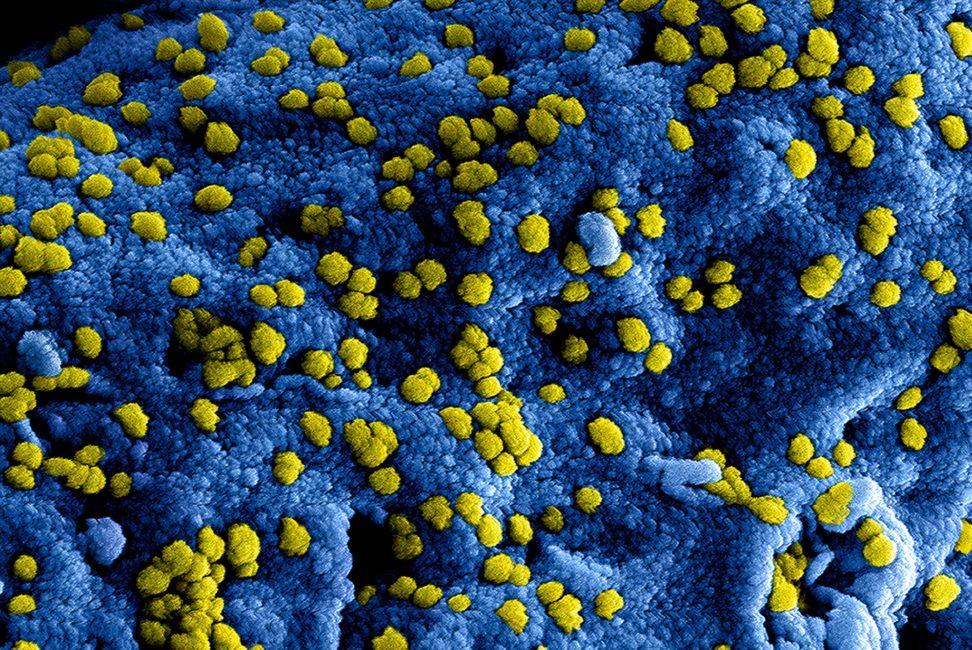Feb 25, 2020: USFDA has accepts Roche’s Biologics License Application (BLA) for the fixed-dose combination (FDC) of Perjeta® (pertuzumab) and Herceptin® (trastuzumab) with hyaluronidase, administered by subcutaneous injection in combination with intravenous (IV) chemotherapy, for the treatment of eligible patients with HER2-positive breast cancer.
The BLA for the FDC is based on results from the Phase III study FeDeriCa, which demonstrated non-inferior levels of Perjeta in the blood (pharmacokinetics) and comparable efficacy and safety with Perjeta plus Herceptin and chemotherapy standard IV infusions. The FDC SC administration takes about eight minutes for the initial loading dose, and about five minutes for each subsequent maintenance dose.This is opposed to about 150 minutes for infusion using the normal IV formulations of a loading dose of Perjeta and Herceptin, and about 60-150 minutes for subsequent maintenance infusions of the two medicines.
The study of FeDeriCa reached its primary endpoint, with FDC SC administration showing non-inferior levels of Perjeta in the blood at a given dose interval (Ctrough) as opposed to Perjeta IV. A secondary endpoint of non-inferior Ctrough of Herceptin was also met, for the study to ensure that people were receiving sufficient dosing with Perjeta and Herceptin as compared to the established IV doses at the same treatment intervals. Additionally, rates of total pathological complete response (pCR), another secondary endpoint, were comparable between the treatment arms. The FDC’s safety profile in conjunction with chemotherapy was comparable with that of Perjeta’s IV administration plus Herceptin and chemotherapy and no new safety signals were found, including no significant difference in heart toxicity. Alopecia, diarrhoea, diarrhoea, and anaemia were the most common adverse events in both armrests.
In previous studies of other SC formulations, it has been shown that SC administration is strongly preferred by the majority of patients compared with IV administration of the same drug, with the most common reason being that administration in the clinic needed less time.
In the PHranceSCa report, Roche is currently investigating patient preference for FDC SC administration in humans with HER2-positive early breast cancer (eBC) compared to standard IV administration of Perjeta and Herceptin. Interim findings of this Phase II study will be discussed at a medical conference to come.
https://www.roche.com/media/releases/med-cor-2020-02-25.htm


